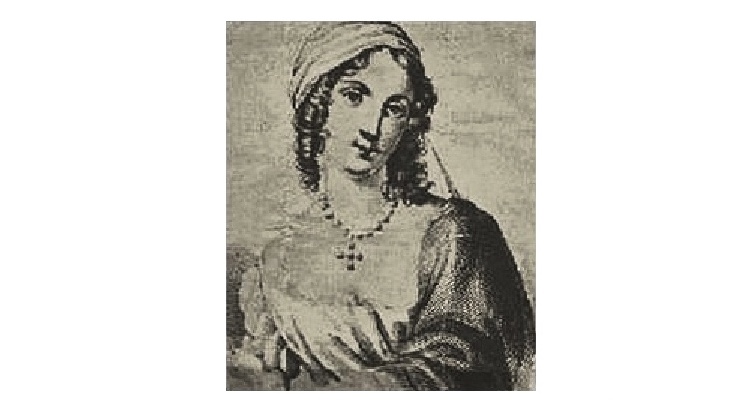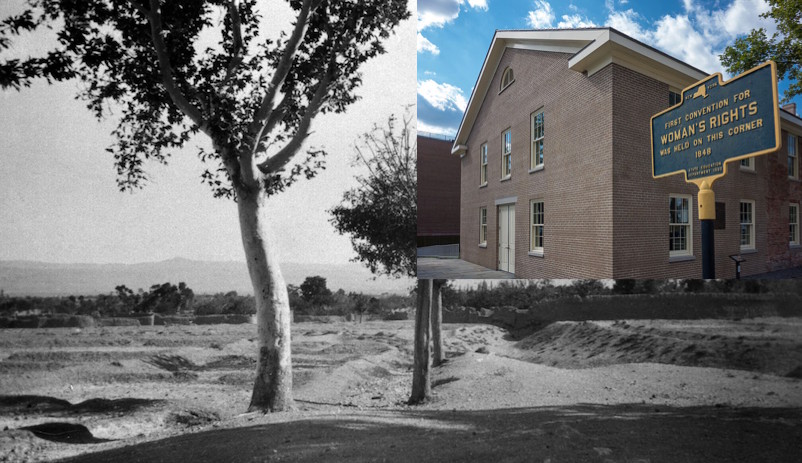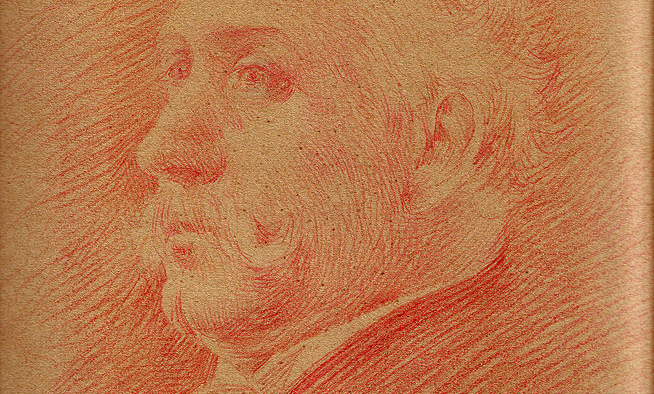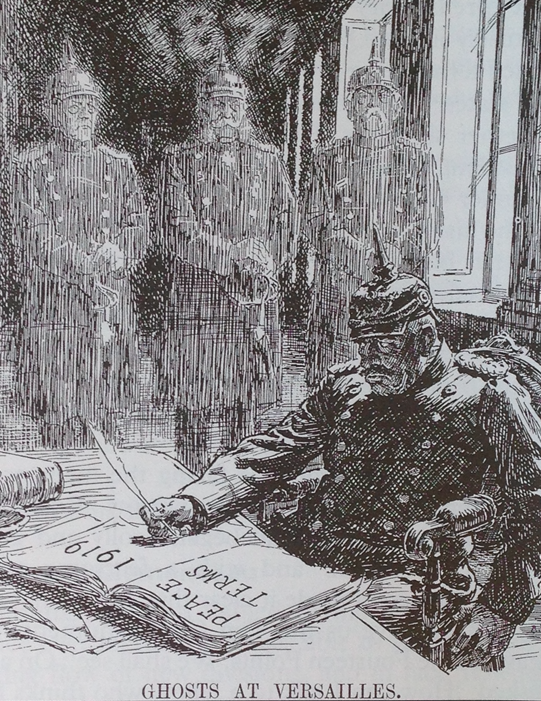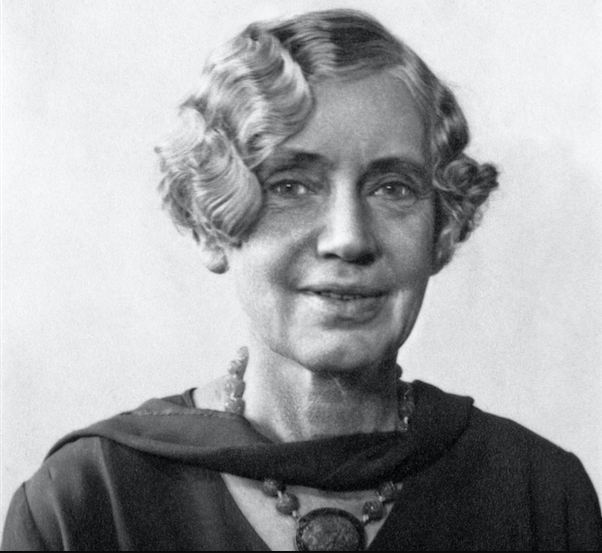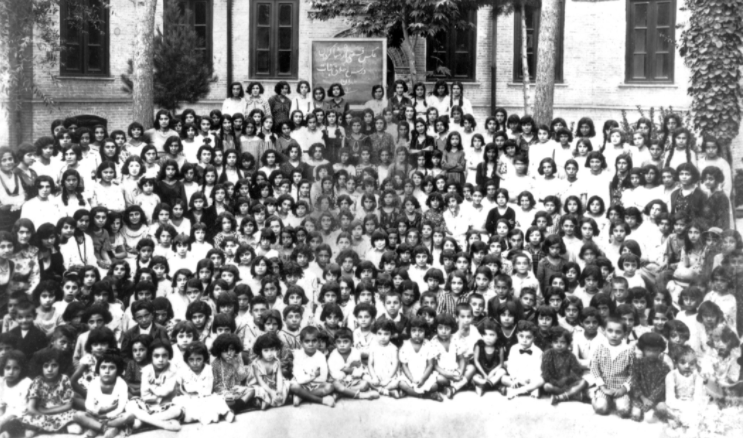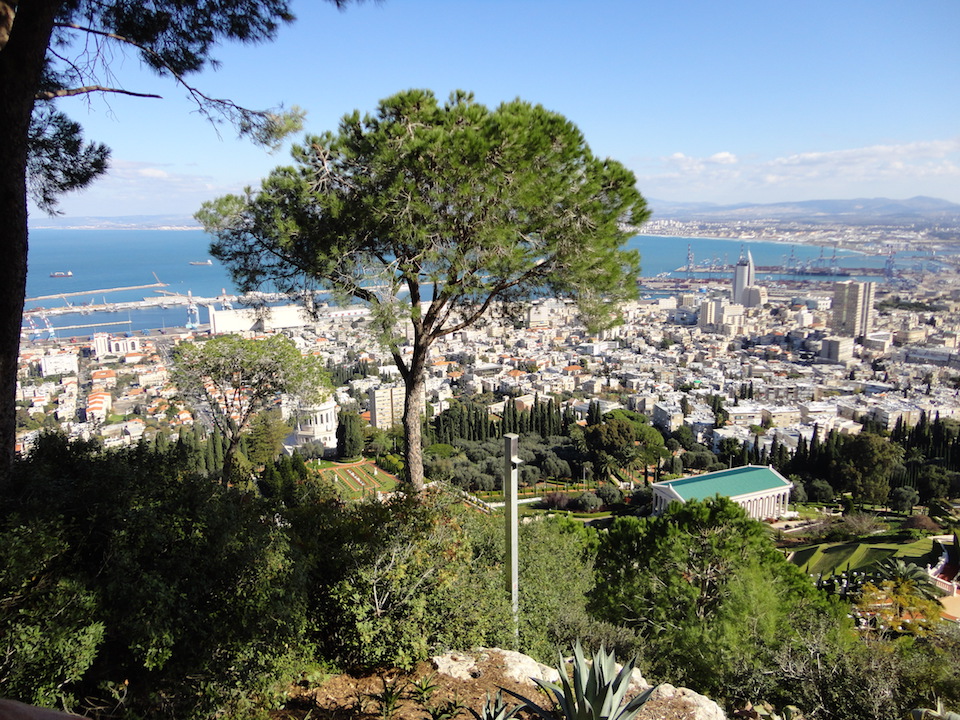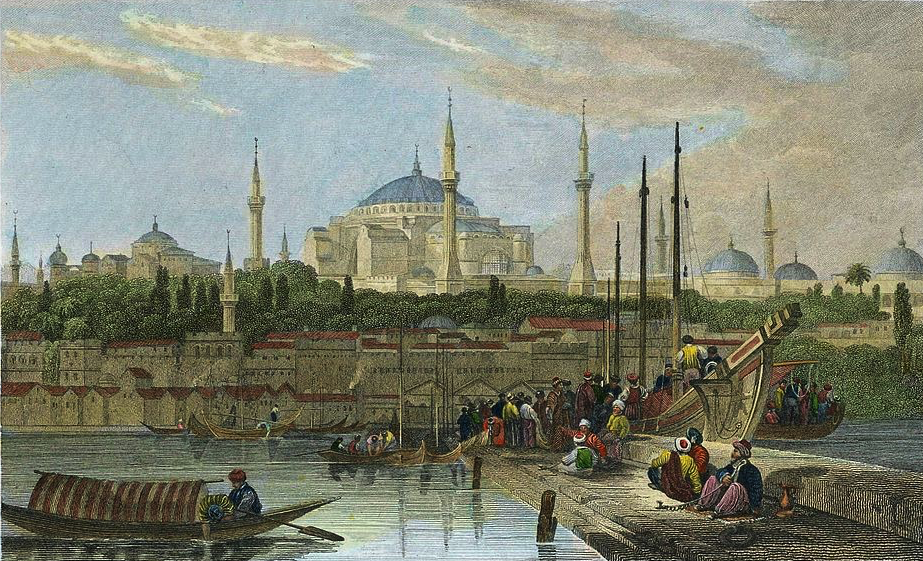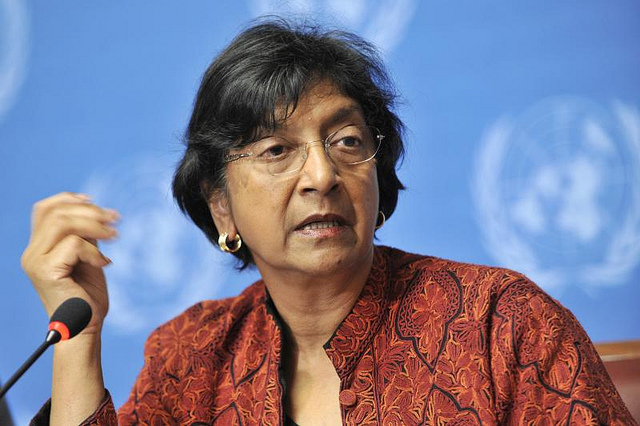-
Isabella’s Castle Prison and Her Poetic Escape
Isabella di Morra looked out from a height. Below, in a deep chasm, flowed a river. Her river, the Sinni. Isabella turned her eyes to the sea, searching the horizon for a ship. It was the ship that would carry her free from her prison, her own family’s castle. D'un alto monte, onde si scorge il mare,miro sovente io, tua figlia Isabella,s'alcun legno spalmato in quello appare,che di te, padre, e mi doni novella, ...From a high mountain, where sea is seen,Often I gaze, Isabella, your daughter,For the gleam of any glistening beam,Which of you, father, brings news across water ...Ch’io non veggo nel mar remo né vela (così deserto…
-
Laura Terracina: For Who is Enemy to Woman
“How dare you raise hand, against so young and beautiful a vision?” With such words does Laura Terracina (1519 – 1577) defend her sex. Born in Naples, she was the most published poet of Italy’s sixteenth century and a feminist before the word “femminista” existed. She was part of a movement of italian Renaissance women writers whose existence is often overlooked in the historical record. So much were women absent from tellings of the Renaissance and so mixed their lived experience, that it caused Joan Kelly to famously ask “Did women have a Renaissance?” While the answer is complex, the Renaissance saw for the first time in Europe, substantial publication…
-
Gender and the Divine World
In Bahá’u’lláh’s teachings, God has no gender. Indeed, to think of God in anthropomorphic terms (as a kind of “super human”) is entirely imaginary. To every discerning and illuminated heart it is evident that God, the unknowable Essence, the Divine Being, is immensely exalted beyond every human attribute, such as corporeal existence, ascent and descent, egress and regress. …[1] However, the topic presents us with complexities. First, we have to pause to clarify our thinking about what we mean by “gender”. Gender has layered biological and cultural aspects and it is easy to mix them up. Aspects of gender such as “pink” and “blue” for example are recent – and purely cultural inventions,…
-
Martha Root — An Astonishing Life
Today I am at a Baha’i meeting, and I want to say thank you for the blessing of having such times in my life. To each and every soul who helps to make so many of those gatherings a veritable corner of paradise — thank you. This morning we are reflecting on the life of Martha Root, a woman whose life was inspired and transformed by Bahá’u’lláh. We will be reading about her life as introduced on the website bahaiteachings.org. I hope you can join us in spirit and read along. In one of his earlier works, the Hidden Words, Bahá’u’lláh observes that “words are the property of all alike” and that “guidance hath ever been given…
-
Women and Men Have Been and Will Always Be Equal
“Women and men have been and will always be equal in the sight of God.”[1] With these words, Bahá’u’lláh challenges the age old oppression of women. Thus, the following concept applies as much in respect of gender equality as elsewhere: Know ye not why We created you all from the same dust? That no one should exalt himself over the other.[2] The general assertion of gender equality is addressed by Bahá’u’lláh in a diversity of fields in which, historically, gender equality has been denied. On work, Bahá’u’lláh states: … It is incumbent upon each one of you to engage in some occupation – such as a craft, a trade or the like.[3] There is no distinction…
-
The Duty of Kindness and Sympathy Towards Strangers and Foreigners
It is hardest to write of those things about which we feel most deeply. Today I wish to write about someone whose words and life have profoundly influenced and inspired me. That person is Abdu’l Baha: the son of the founder of the Baha’i Faith and its leader from 1892 to 1921. I wish to address particularly what Abdu’l Baha had to say about the issue of ‘foreignness’. One hundred years ago, on 16 and 17 October 1911, he gave his first recorded talk to the people of Paris. The theme of his talk was “the duty of kindness and sympathy towards strangers and foreigners”. What did Abdu’l Baha see…
